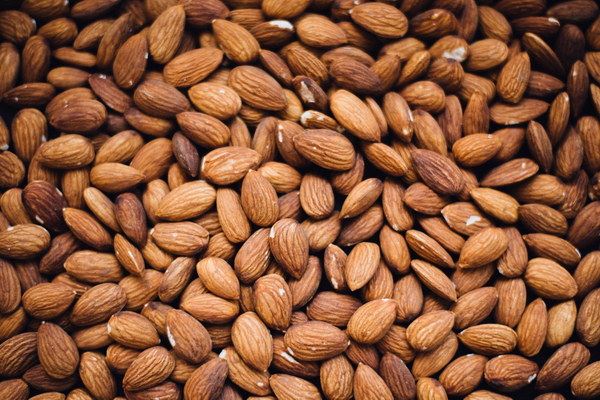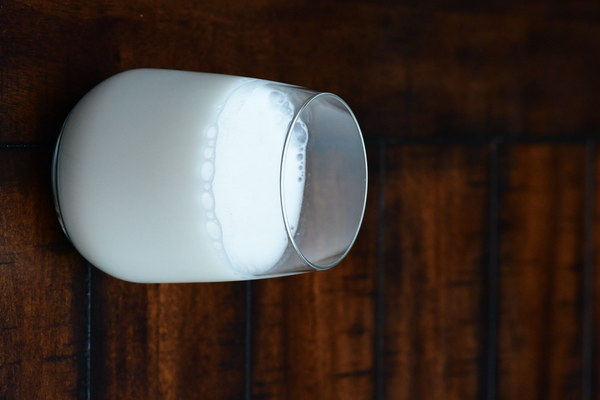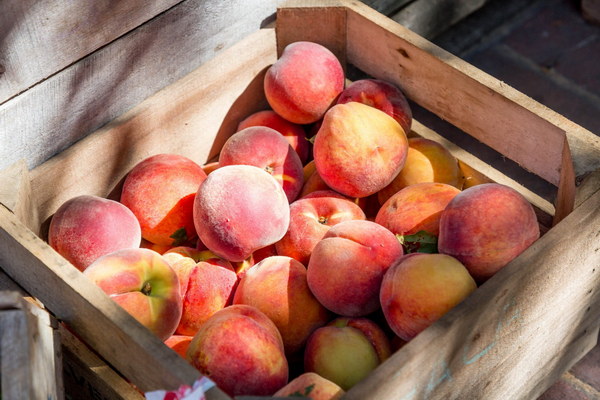Natural Lung Nodule Relief Discover the Traditional Chinese Herbs to Brew for Lung Cleansing
In the realm of traditional Chinese medicine (TCM), the treatment of lung nodules often involves natural remedies aimed at purifying the lungs and strengthening the immune system. If you're looking for ways to support your respiratory health and potentially alleviate symptoms associated with lung nodules, here are some TCM herbs that are commonly recommended to brew into a soothing and healing tea.
Lung Nodule Relief: The Power of Traditional Chinese Herbs
1. Elderberry (Sambucus nigra)
Elderberry is renowned for its immune-boosting properties and has been used in TCM for centuries. When brewed as a tea, elderberry can help reduce inflammation and strengthen the respiratory system, potentially aiding in the management of lung nodules.
2. Mulberry (Morus alba)
Mulberry leaves are another herb that is often used in TCM to support lung health. They are believed to help clear phlegm and reduce coughs, making them beneficial for individuals with lung nodules.
3. Licorice Root (Glycyrrhiza uralensis)
Licorice root is a versatile herb in TCM, often used to harmonize the body's energy. It has anti-inflammatory properties and is thought to help soothe the respiratory tract, which might be beneficial for those with lung nodules.
4. Peppermint (Mentha × piperita)
Peppermint is not only refreshing but also has expectorant properties that can help clear mucus from the lungs. This can be particularly useful for those with lung nodules who experience respiratory congestion.
5. Thyme (Thymus vulgaris)
Thyme is another herb with expectorant qualities, making it helpful for clearing mucus and soothing the respiratory system. It is also known for its antimicrobial properties, which may support overall lung health.
How to Brew Your Lung-Cleansing Tea:
To prepare your herbal tea for lung nodules, follow these steps:
1. Gather Your Herbs: Purchase high-quality dried herbs from a reputable source. Ensure they are organic and free from contaminants.
2. Measure the Herbs: Use about 1 to 2 teaspoons of the dried herb mixture per cup of water.

3. Boil Water: Bring water to a boil and then remove it from the heat.
4. Infuse the Herbs: Place the measured herbs in a tea ball or strainer and pour the hot water over them. Cover and let steep for 10-15 minutes.
5. Strain and Serve: Remove the herbs and serve the tea warm or at room temperature.
6. Enjoy Regularly: Drink this tea 2-3 times a day for the best results.
Important Considerations
While herbal teas can be a complementary therapy for lung nodules, it is crucial to remember that they should not replace conventional medical treatment. Always consult with a healthcare professional before starting any new treatment, especially if you have existing health conditions or are taking other medications.
Furthermore, the effectiveness of herbal remedies can vary from person to person, and some individuals may experience adverse reactions. If you have lung nodules, it's important to work closely with your healthcare provider to develop a comprehensive treatment plan that addresses your specific needs.
In conclusion, traditional Chinese herbs offer a natural approach to lung health and may provide relief for those with lung nodules. By incorporating these herbs into your daily routine, you can support your respiratory system and potentially improve your overall well-being.









